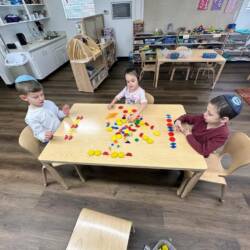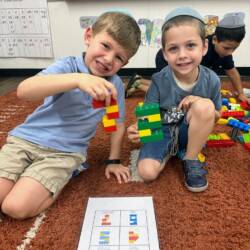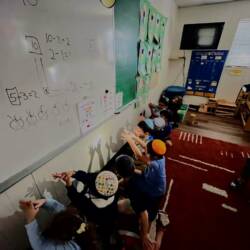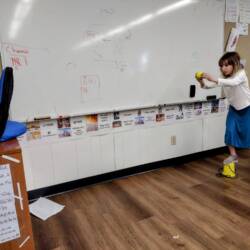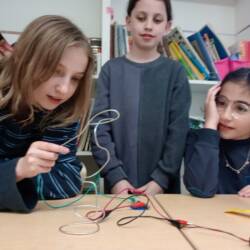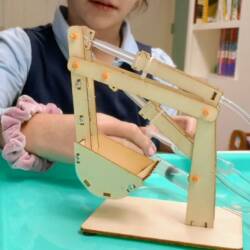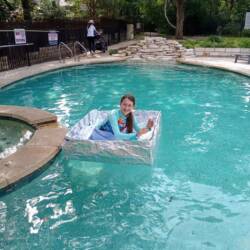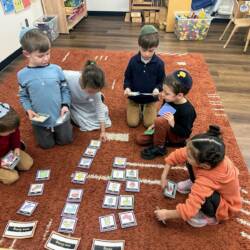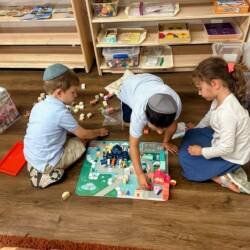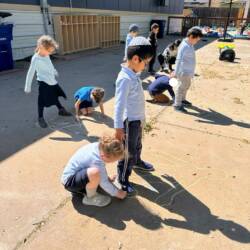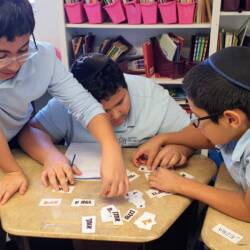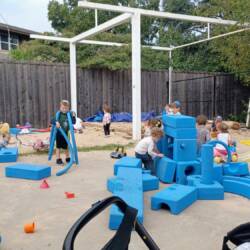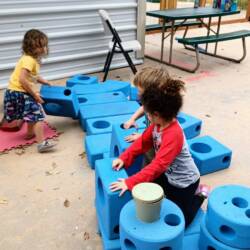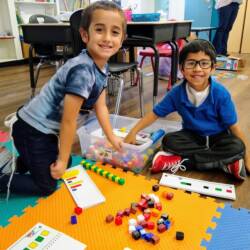Learning Through Play
- Enhances Cognitive Skills
- Play-based learning nurtures critical thinking, problem-solving, and creativity. Through hands-on activities, children experiment, strengthening their literacy and numeracy skills.
- Develops Social and Emotional Skills
- Play helps children communicate, negotiate, and collaborate. Role-playing and group activities teach emotional regulation, conflict resolution, and empathy, building strong interpersonal skills.
- Boosts Motivation and Engagement
- Enjoyable learning helps them retain information and explore new ideas with curiosity, fostering a lifelong love of learning.
- Supports Diverse Learning Styles
- Play-based learning adapts to each child’s needs, fostering autonomy, self-confidence, and self-paced progress, making learning more accessible and meaningful.
- Connects Learning to Real Life
- Play mirrors real-world scenarios, helping children apply knowledge practically. Playing “store” reinforces math skills, while pretending to be a doctor builds empathy and health awareness.



